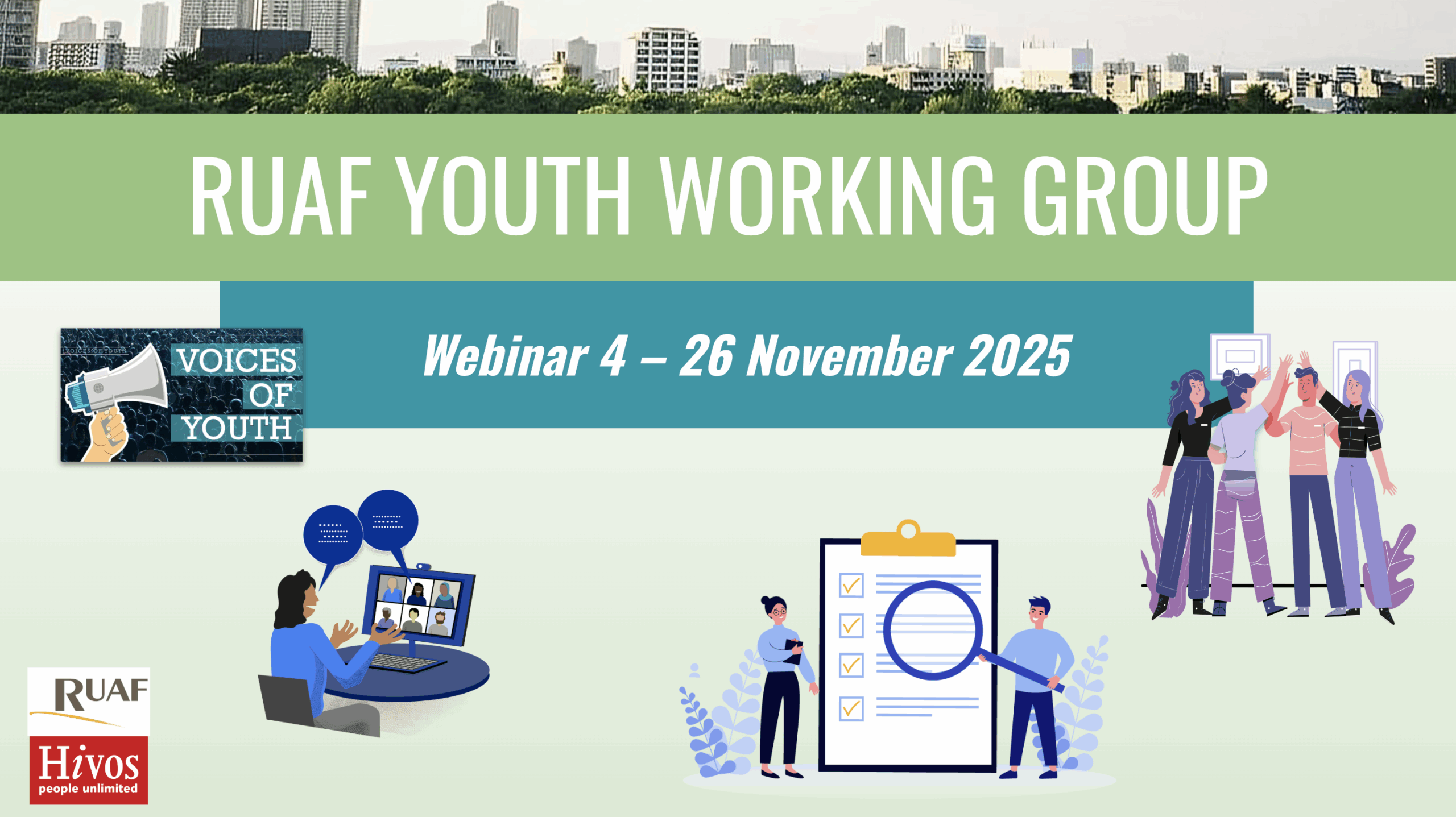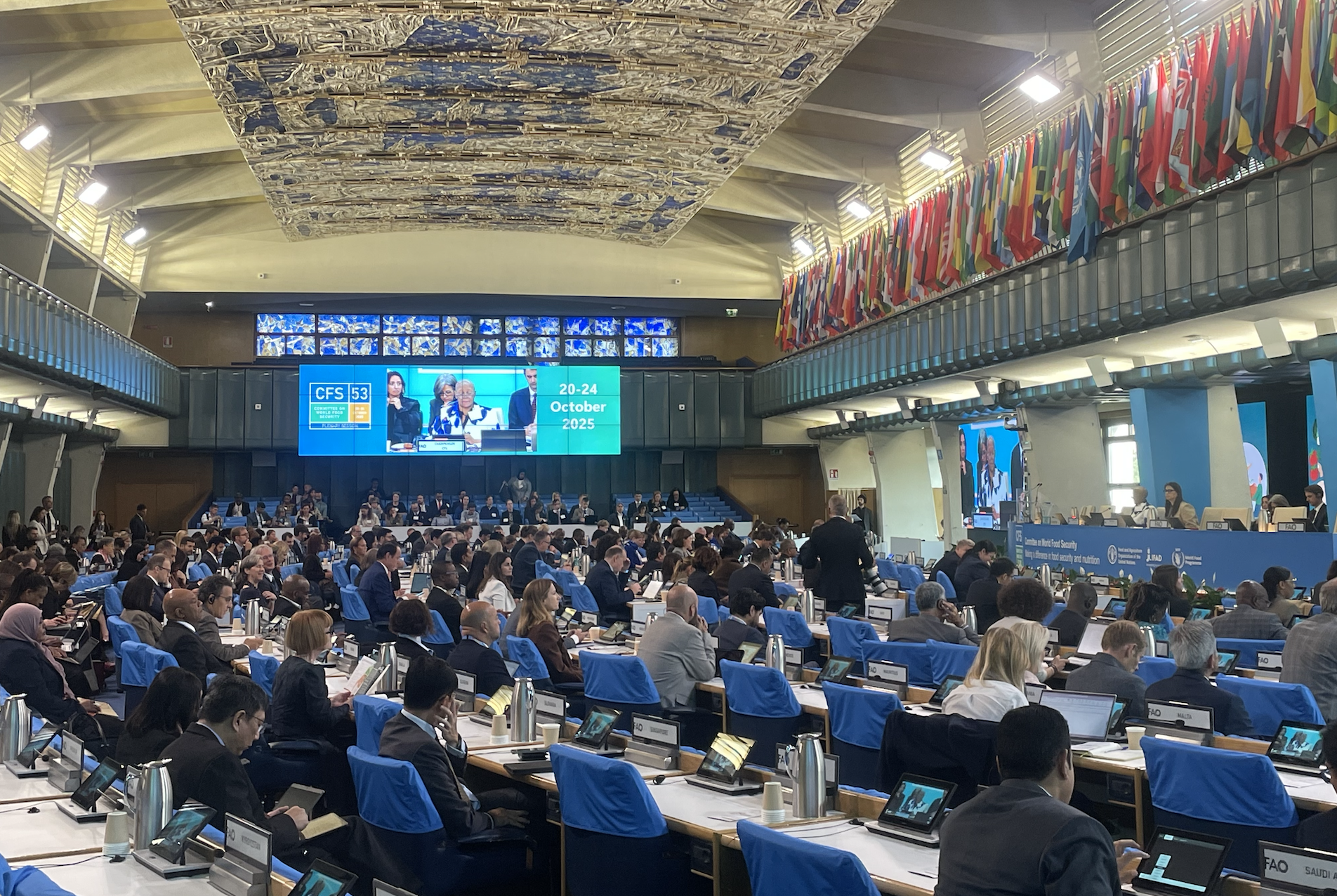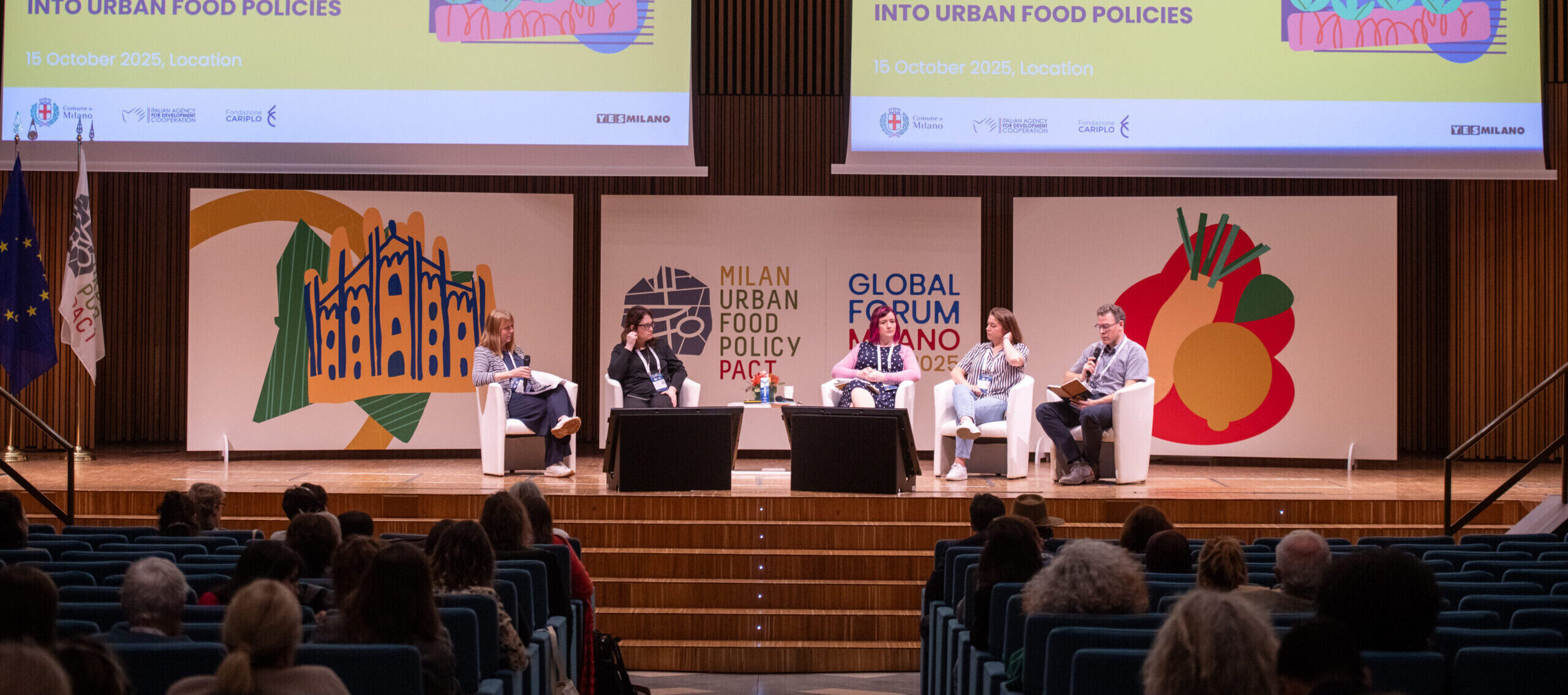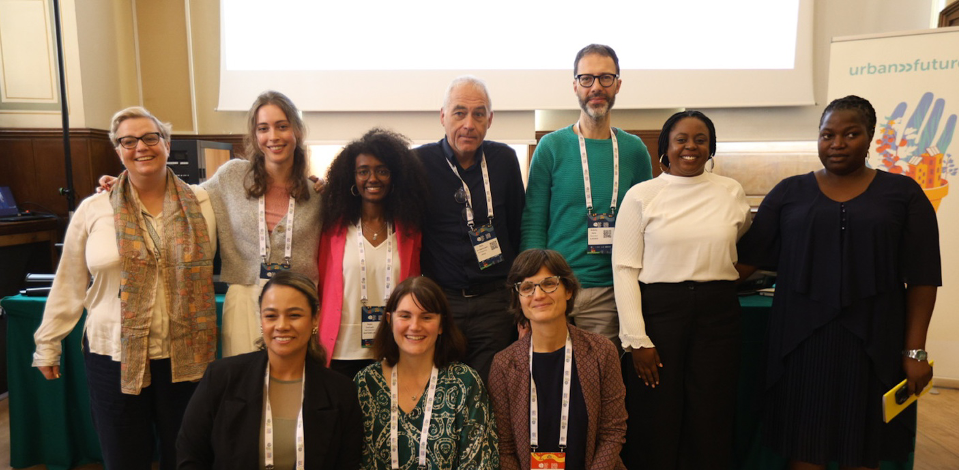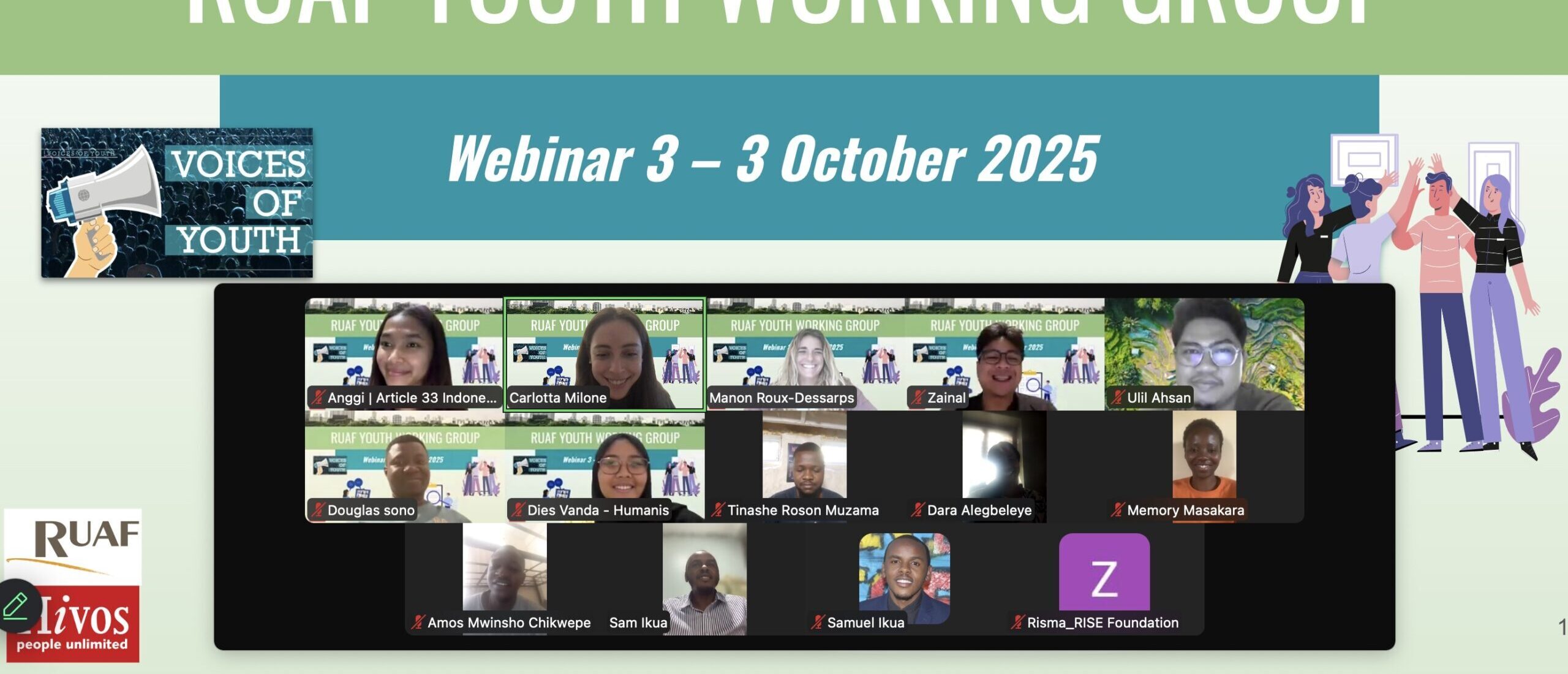Sustainability – Special Issue: “Levering Sustainable Food Systems to Address Climate Change—Possible Transformations”.
Guest editors: Dr. Alison Blay-Palmer; Dr. Patricia Ballamingie; Dr. Irena Knezevic; Dr. Erin Nelson; and, Dr. Andrew Spring
The clock is ticking. According to the Intergovernmental Panel on Climate Change (2018), we have until 2030 to enact unprecedented changes to avoid the catastrophic impacts of climate change and to adapt to unavoidable climate disruption already underway. To achieve this, global carbon emissions must reach net zero by 2050 (IPCC 2018). Research demonstrates that sustainable food systems offer many solutions to confront this climate crisis (IPCC 2019). This is a daunting task, requiring an overhaul of the existing industrially focused global food system that currently contributes up to 40% of GHG emissions. However, it is clear that while we have the tools to make this happen, there are many barriers to realizing these goals.
Evidence gleaned from multidisciplinary, community-engaged research points to the key role played by regionally focused food systems that are circular, biologically and culturally diverse, equitable, and deliberative to serve as levers for change (Qualman 2019; Blay-Palmer et al. 2018; Knezevic et al. 2017; Pimbert 2017; Jurgilevich et al. 2016). While these systems offer examples of how to deal with the climate emergency, it is also important to acknowledge the gaps that need to be filled and the structures that need to be dismantled and rebuilt to enable transformation. Part of the solution lies in enabling networks of communities and identifying how they can work together to build adaptable inclusivity and diversity that is grounded in principles of equity and deliberative decision-making (Holt-Giminez et al. 2012; Gibson-Graham et al. 2013; Blay-Palmer et al. 2015).
In this Special Issue of Sustainability, we are interested in papers that explore and discuss sustainable food systems as pathways to both mitigating and adapting to climate change and the gaps that must be confronted to bring about transformation, in particular papers focused on:
- Agroecology;
- Indigenous food systems;
- Right to food;
- Informal and social economies;
- The role of place-based initiatives;
- City region and/or territorial food systems;
- Deep adaptations in food systems;
- Communications and education to enable climate change;
- Biocultural diversity.
While case studies and policy papers are welcome, papers describing existing transformations are of particular interest.
Please submit abstracts of up to 750 words or questions to ablaypalmer@wlu.ca


